Affiliate links on Android Authority may earn us a commission. Learn more.
What is a flagship to you?
Published onAugust 18, 2016
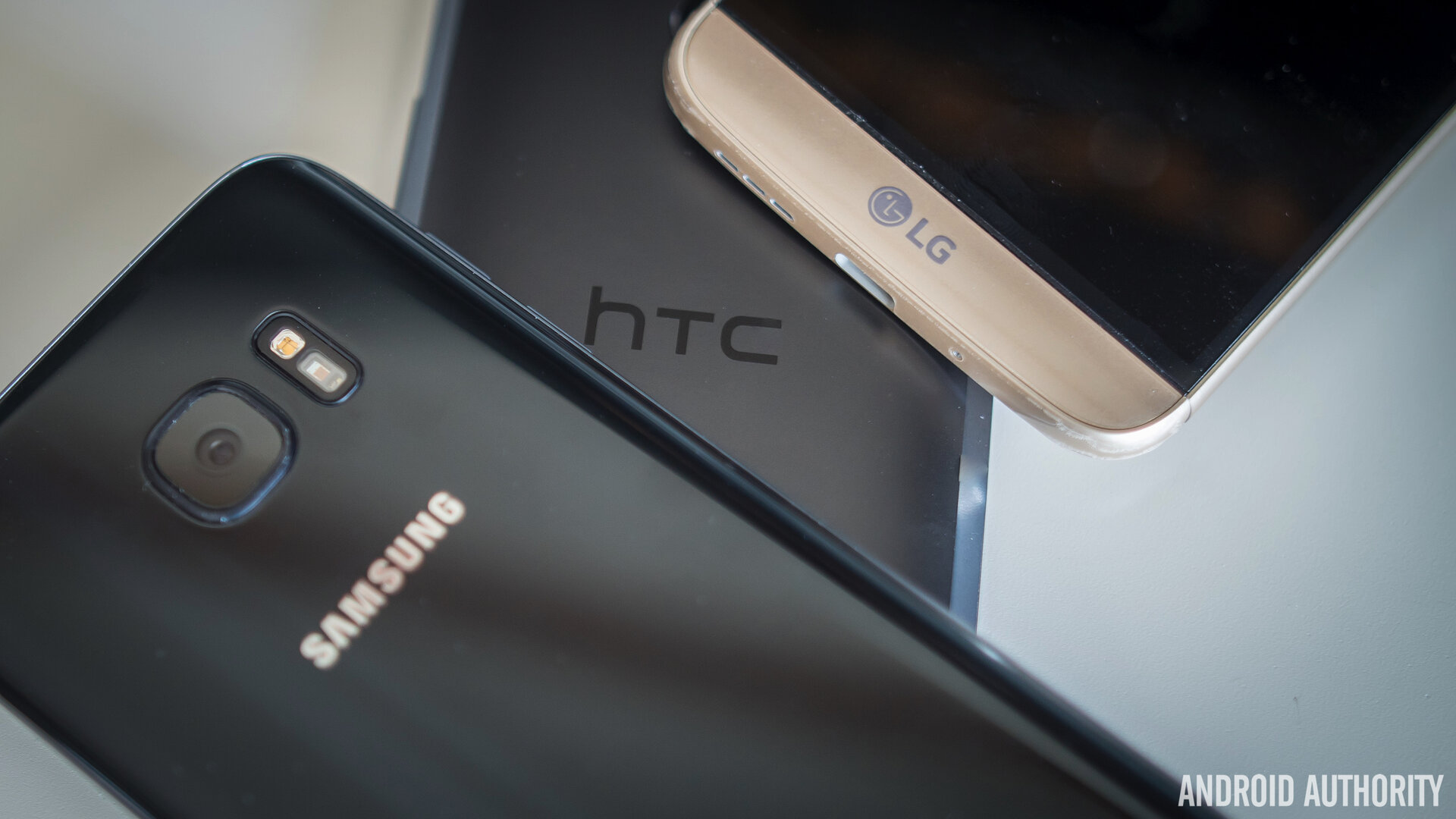
It’s a term we’ve all heard many, many times in reference to consumer electronics: “It’s a flagship device…” “It’s a flagship phone…” “It has flagship features.” The term flagship can be quite hard to define, as most people have their own unique definitions for the word.
If you were to go by the historical definition, it has absolutely nothing to do with smartphones. By definition, a flagship is a ship that carries the commander of a naval fleet and displays the officer’s flag. When you consider the anatomy of the word, it makes sense, but that doesn’t tell us how it came to be used to describe mobile devices. Also, that certainly explain what makes one device a flagship while others aren’t.
So I did some investigating. With the power of ratiocination and The Google, I found an explanation for flagship status that can easily be applied to tech. For good measure, I also put this question to the Android Authority team. Do we all see the concept of flagship the same way, or is it subjective? Let’s find out.
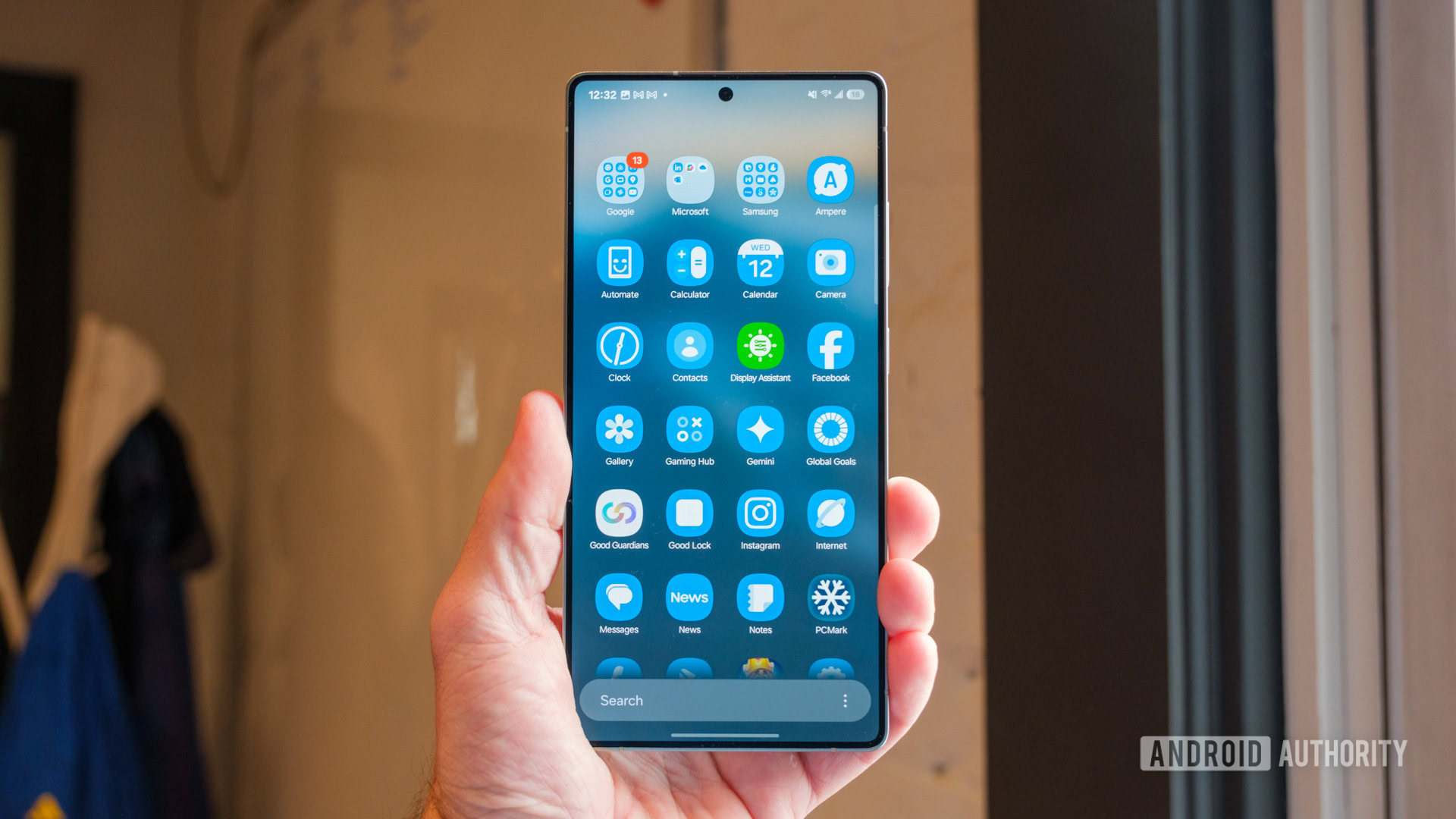
What is a flagship device?
The first thing to do when you want to better understand a concept is to start with its official definition. The first three entries for “flagship” pertained to ships and naval vessels, but the fourth caught my attention: According to Dictionary.com, a flagship can be defined as “the best or most important one of a system or group”.
This short-and-sweet denotation is effective and is, more or less, how AA team members see it, too. However, the question quickly becomes whether a flagship device is the best a company has to offer or the best of all devices on the market. These two possibilities have become the two schools of thought surrounding flagship designation, but neither are necessarily wrong.
The best device a company has to offer
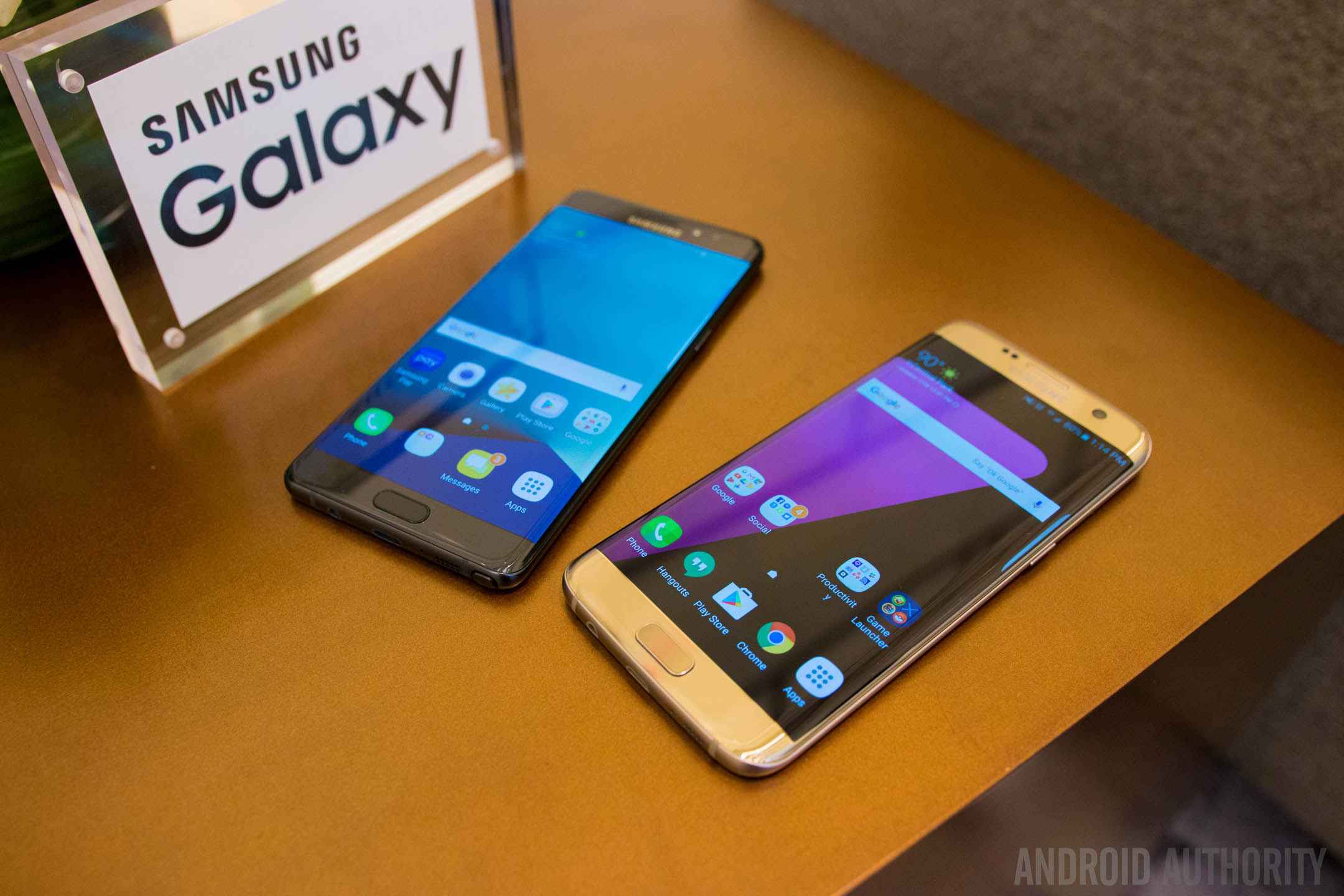
Conceptually, the idea that a flagship is the best device a company offers is the most straightforward explanation. It also happens to make differentiating flagship devices from non-flagships much easier. Our own Luka Mlinar, Lahn Nguyen, Josh Noriega, Joe Hindy, and Kris Carlon are in this camp and have provided their thoughts in more detail.
According to Luka, flagship status refers to a company’s best all-around device and is independent of features and specs. Lahn’s view is quite similar as he considers a flagship to be the most popular and best-selling device, whether it has top-of-the-line specs or not. Josh agreed, saying that other companies — even makers of lower-cost devices — have their own flagship devices.
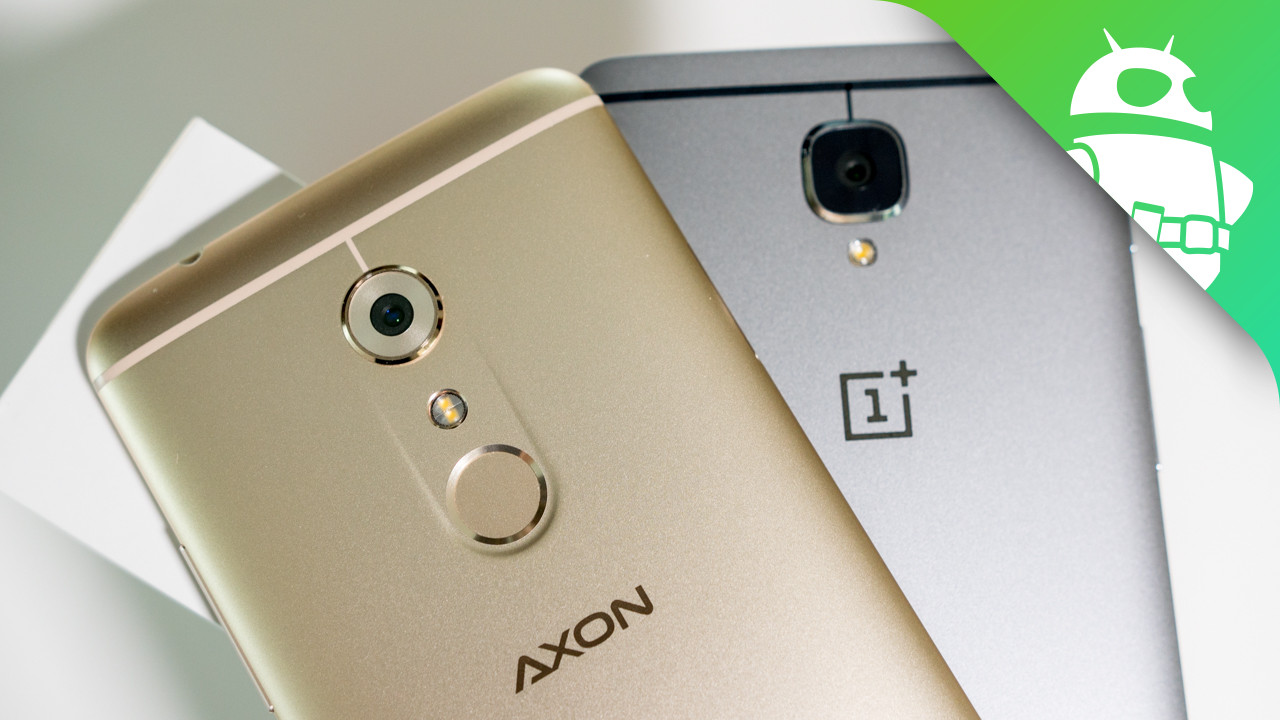
Some say a flagship is basically everything an OEM has to offer in a single device
A flagship is often judged by how it stacks up against its competition
The best of the best in the industry
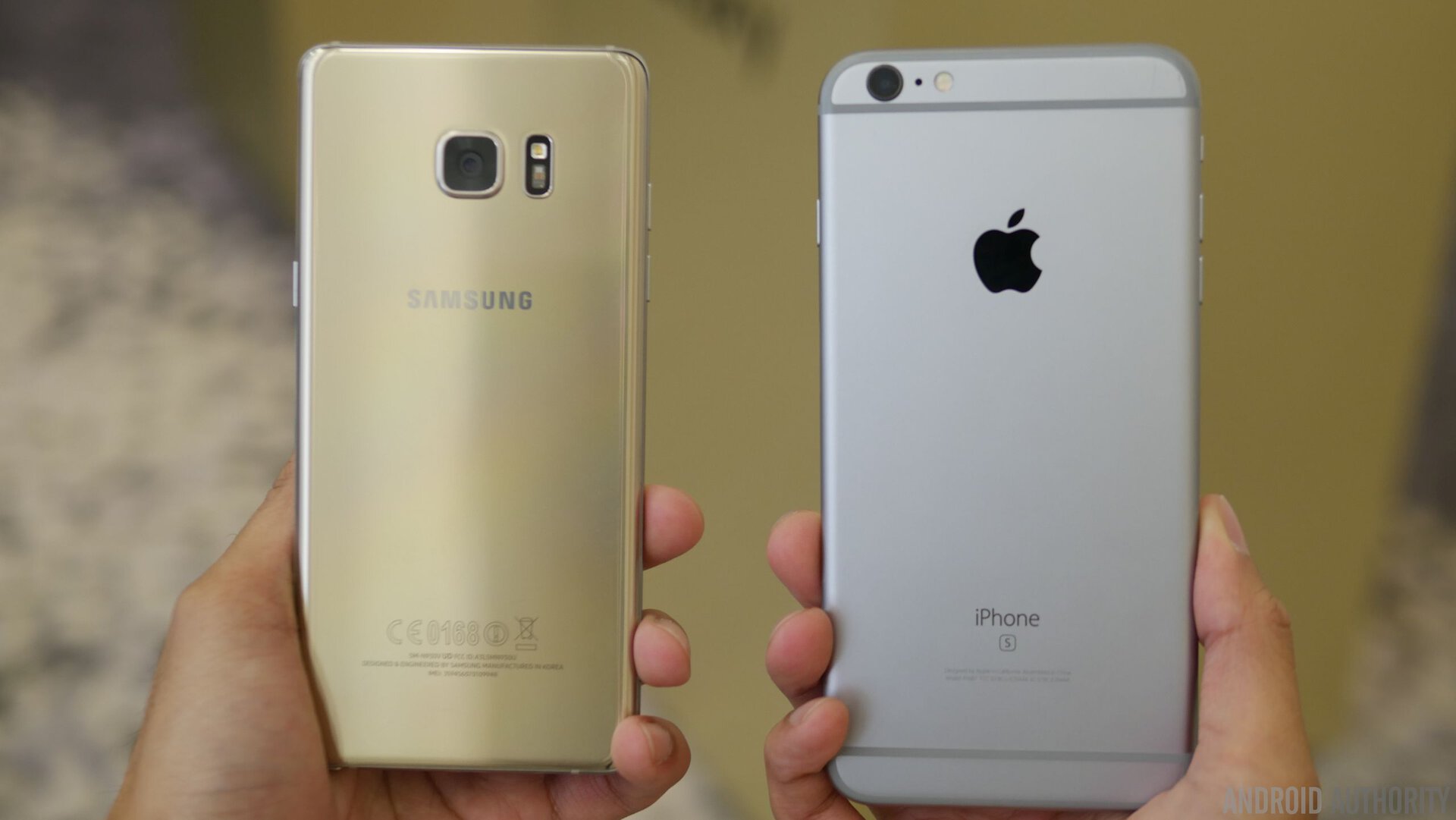
What are the characteristics that separate a flagship from competing devices in the smartphone market?
According to Brian, a flagship device must be mostly congruent with what are considered top-shelf specs in the mainstream smartphone market. His example is that it’s difficult to consider a device with a 1080p display a flagship when many of the most popular OEMs have moved to Quad HD displays. Bogdan mentioned that the overall experience has a lot to do with it; he said that while specs and performance are driving factors, marketing and brand perception can be distinguishing factors as well. Similarly, Nirave explains that the top specs seen in the smartphone market — he mentions the Qualcomm Snapdragon 820 specifically — should be seen in a flagship device rather than lower-tier hardware.
Marketing and brand perception can be important factors as well
Gary had a unique perspective of flagships, but one that still applies to an industry-level designation. In Gary’s view, only Android devices can be flagships, and this is because OEMs that produce Android devices are competing with Apple’s iPhone, which is considered a premium device despite needing much less RAM and less impressive specs than today’s premium Android smartphones. When it comes down to it, Gary says that a flagship is an Android smartphone that’s the greatest competition to the iPhone in terms of features, innovation and price.
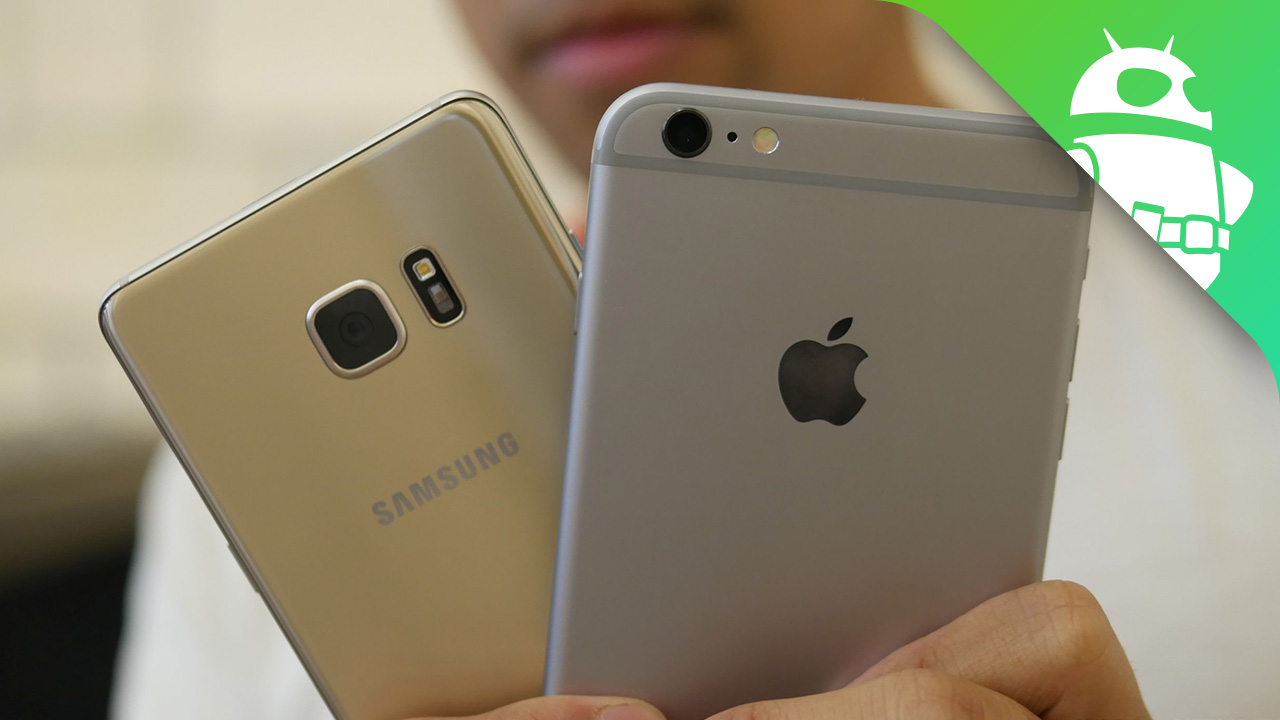
A no-compromise juggernaut
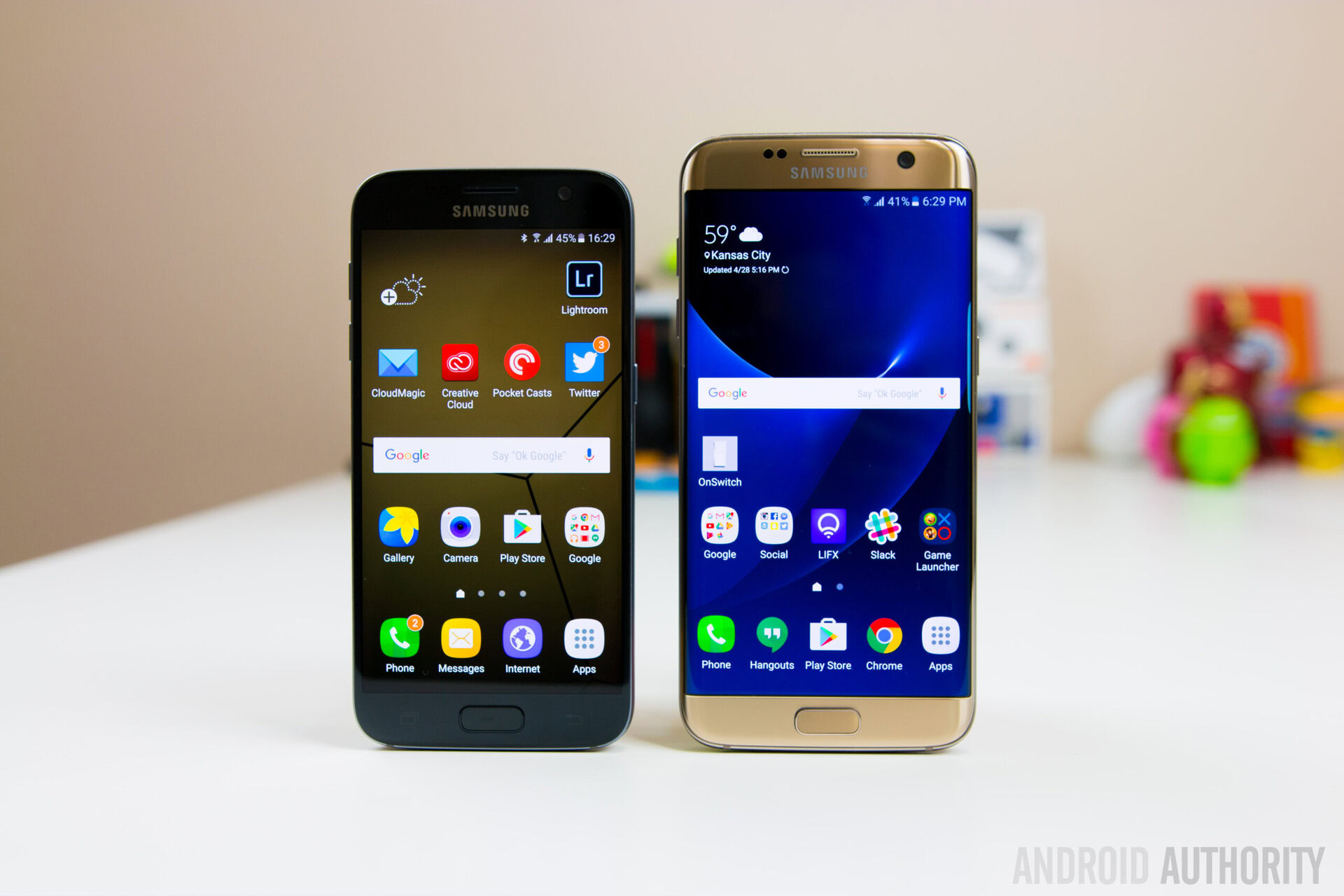
Although the majority of the Android Authority team can be put into one category or the other — flagship status at the OEM level or industry level — there were a number of excellent points made that I wanted to mention specifically. The first is the idea that compromise is something that essentially doesn’t exist in a flagship smartphone.
Nirave, John Dye, Joe, and Kris each mentioned compromise while explaining their thoughts on flagship status. Their consensus was that for a device to be a true flagship, the OEM that made the device can’t have compromised on the device in any way. To clarify, Kris explained that a device with 4GB of RAM rather than 6GB isn’t really a compromise; instead, compromise refers mainly to using low- or mid-tier hardware or software when newer, better options are available.
To illustrate his opinion, Joe stated his belief that the Samsung Galaxy S7 would not qualify as a true flagship. He explained this by saying that the Samsung Galaxy S7 Edge has certain features that the S7 doesn’t have. Therefore, the Galaxy S7 technically was not the best that Samsung had to offer at the time; instead, Joe believes that the Galaxy S7 Edge would get that designation since it leads and inspires other devices to follow in its path.
Tiers of flagship devices
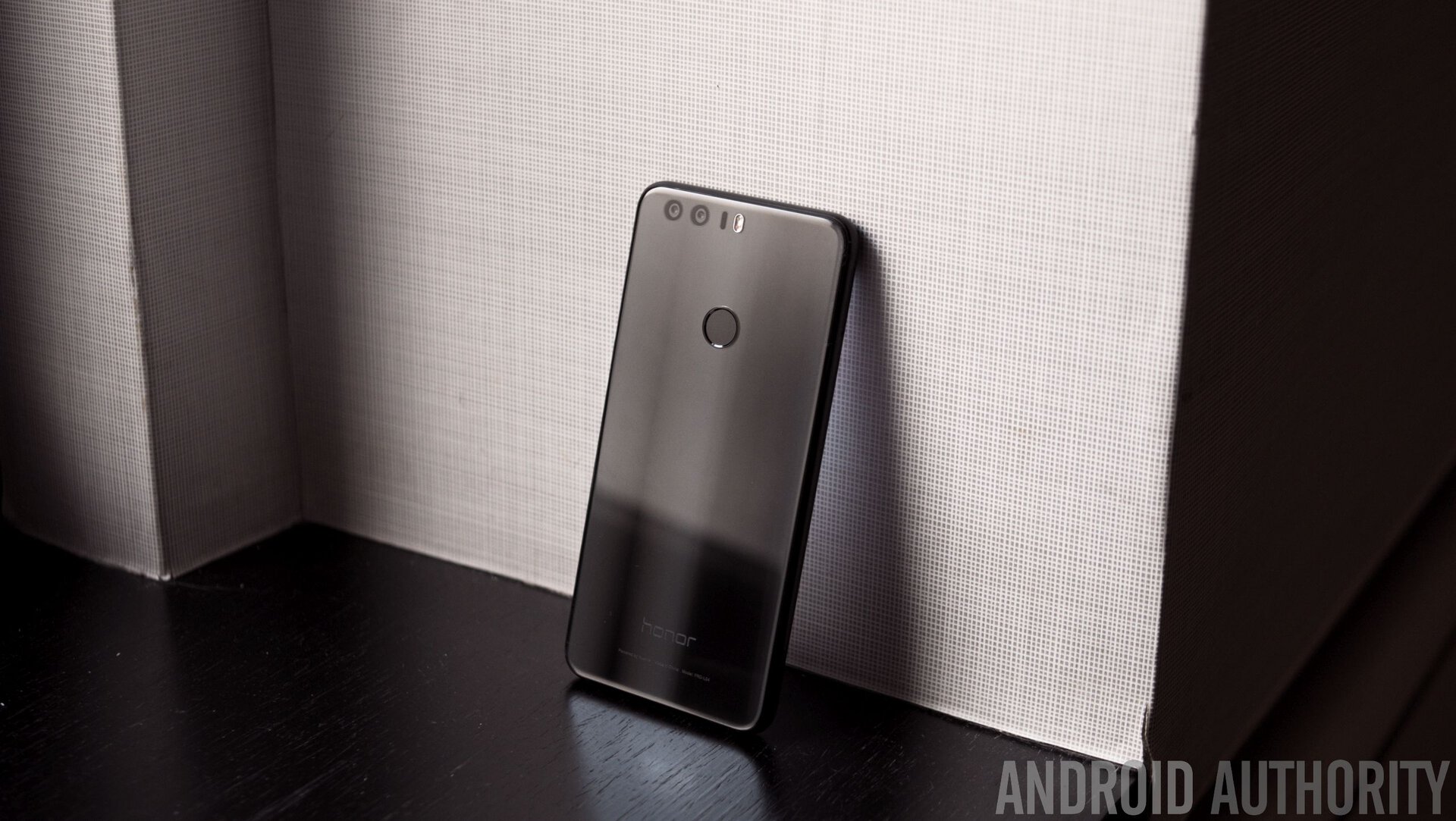
[related_videos align=”right” type=”custom” videos=”698369,709985,705570,705052″]Jimmy Westenberg largely agrees with the idea that flagship is the best a manufacturer has to offer; however, he explained that a company can have multiple flagships by designating a flagship device in each price/specification tier. This means companies that produce many different devices at varying price levels could have a budget flagship, a mid-range flagship, and a premium flagship. On the one hand, having low- and mid-cost flagships might contradict the concept of flagship if you see a flagship as being top-of-the-line. On the other hand, both the Samsung Galaxy S7 Edge and the OnePlus 3 have been referred to as flagships, so Jimmy’s explanation has merit.
Commercial viability and desirability
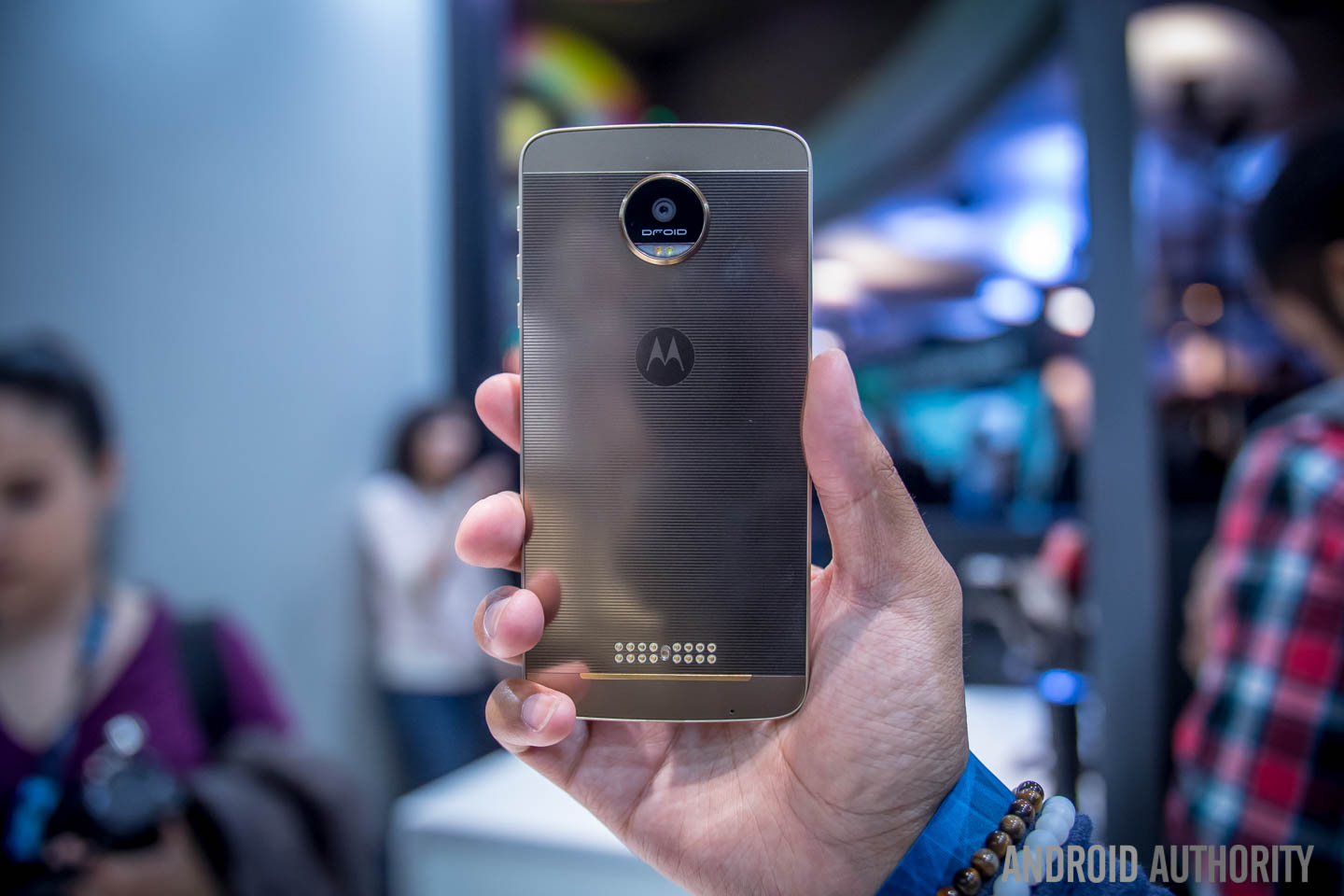
Perhaps the most unexpected response was from John Velasco. In John’s opinion, a flagship is a device that has been designed to have mass commercial appeal regardless of its specs. Bogdan, too, mentioned how marketing and brand can be contributors to a device’s flagship status. If you’re a proponent of the idea that flagship status is specs-driven, this theory may not appeal to you. However, it makes sense when you think back to the strong advertising campaigns we’ve seen for a number of devices.
[related_videos title=”Related Videos” align=”center” type=”custom” videos=”710252,709619,704852,707847″]
Recently, Samsung’s Galaxy S7, S7 Edge, and Note 7 devices have been advertised heavily. There’s also been a lot of advertising for the Moto Z and Moto Z Force by Lenovo/Motorola, which has surely driven some of the hype and desirability of these devices. Although the commercial viability may not be the driving force behind flagship status, there’s no question that a strong advertising campaign can make a device more desirable and successful.
What is a flagship to Android Authority?
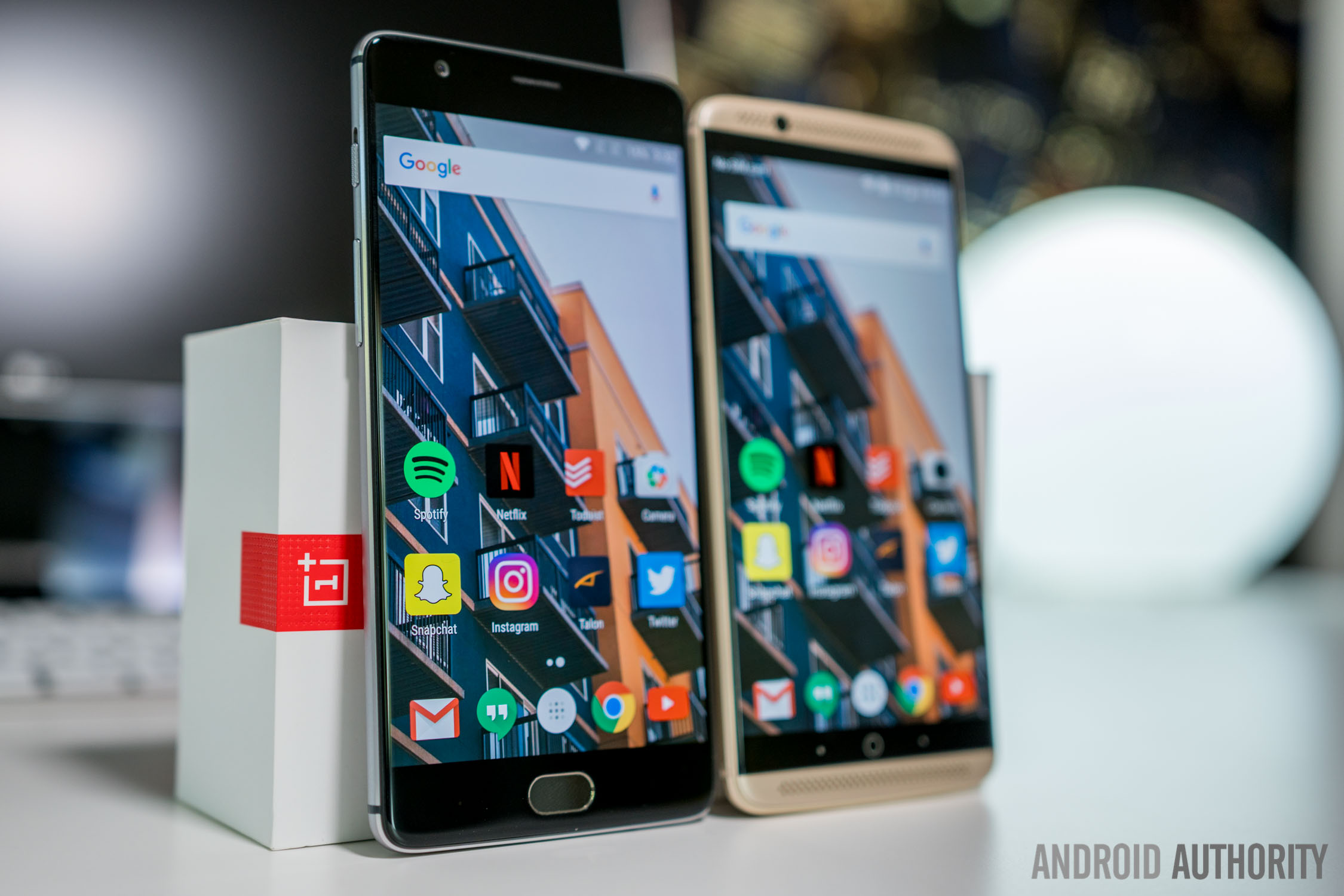
Now that you’ve heard some of the views of Android Authority team members, let’s take a moment to review. At this point, it’s clear that perceptions of flagship status vary in spite of the short-and-sweet — and somewhat abstract — definition that’s available. However, a clearer picture begins to emerge when you pull all the AA team’s thoughts together.
- A flagship is the best device that an OEM has to offer.
- A flagship sports many of the top specs currently available.
- A flagship is an Android smartphone that can compete with Apple’s iPhone.
- A flagship device doesn’t have any compromises.
- A flagship device is the best of all devices within a certain price range.
- A flagship is a device that’s made to have broad commercial appeal.
- A flagship device has a very strong, prominent marketing campaign.
What is a flagship to you?
After offering you the thoughts and opinions of many members of the Android Authority team, I’d like to hand the mic to you. What do you think defines a flagship device? Do you agree or disagree with our thoughts on flagship status? Provide your own definition of “flagship” in the comment section below.